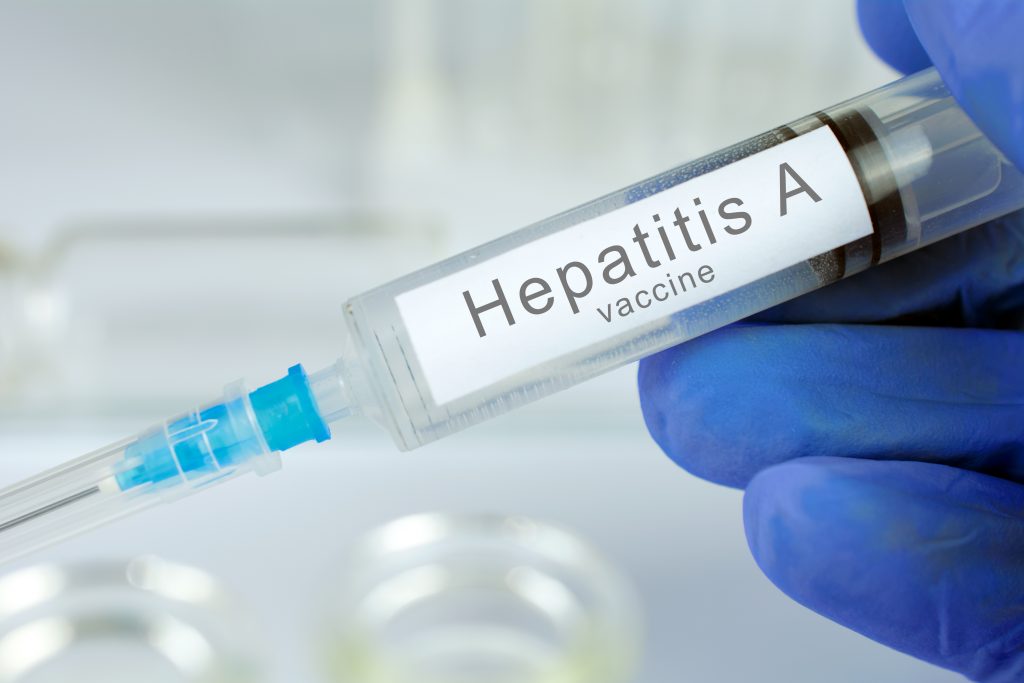
Hepatitis A outbreaks are on the rise across the southeast and the Georgia Department of Public Health’s South Health District wants to make sure our communities understand the virus and how it spreads.
While South Health District, which includes Ben Hill, Berrien, Brooks, Cook, Echols, Irwin, Lanier, Lowndes, Tift and Turner Counties, has only seen one case in 2019, several other Georgia health districts have experienced large outbreaks of the virus.
“Since June 2018, the Georgia Department of Public Health has identified hundreds of acute hepatitis A virus infections statewide, and the numbers continue to increase. This mirrors the large HAV outbreaks that have been occurring in other states among injection and non-injection drug users, homeless populations and men who have sex with men,” Georgia DPH announced in an April 2019 press release.
Georgia DPH describes Hepatitis A as a “highly-contagious, vaccine-preventable liver infection caused by the hepatitis A virus (HAV). Hepatitis A spreads when a person unknowingly ingests the virus from objects, food or drinks contaminated by small, undetected amounts of feces (poop) from an infected person. Hepatitis A can spread easily through close personal contact with an infected person, such as household or sexual contacts, or from caring for someone who is ill.”
Vaccinations are the best way to prevent the spread of HAV infection. Children receive the vaccine when they turn one, however many adults remain unvaccinated and at risk for becoming infected with HAV.
It is extremely important for those considered high risk to get vaccinated.
The Georgia Department of Public Health lists the following groups as high risk:
- People who use drugs (injection or non-injection)
- People experiencing homelessness
- Men who have sex with men
- People who are, or were recently, incarcerated
- People with chronic liver disease, including cirrhosis, hepatitis B, or hepatitis C
In addition to being vaccinated it is extremely important that you wash your hands with soap and water after using the bathroom and before eating or preparing food.
Symptoms range from mild to severe and last a few weeks to several months. Symptoms typically appear around 4 weeks after exposure, though they can occur as early as 2 and as late as 7 weeks after
The Centers for Disease Control and Prevention lists the following as symptoms of Hep A:
- Fever
- Fatigue
- Loss of appetite
- Nausea
- Vomiting
- Abdominal pain
- Dark urine
- Diarrhea
- Clay-colored bowel movements
- Joint pain
- Jaundice
According to the CDC, most people who get hepatitis A feel sick for several weeks, but they usually recover completely and do not have lasting liver damage. In rare cases, hepatitis A can cause liver failure and death; this is more common in people older than 50 and in people with other liver diseases.
“While South Georgia has not seen an outbreak of Hepatitis A, that does not mean we should be complacent,” said Kenneth Lowery, South Health District Epidemiologist. “Being proactive, getting vaccinated if you are considered high risk, and practicing proper sanitary practices is extremely important to preventing an outbreak in our district.”
A health care provider can determine if you have hepatitis A by discussing your symptoms and taking a blood sample. If you are interested in receiving the Hepatitis A vaccine or believe you may have been exposed to Hepatitis A call your healthcare provider or local health department.
Costs associated with the Hepatitis A vaccine will be waived until further notice in any of our health departments.
For more information on Hepatitis A visit the CDC’s website: https://www.cdc.gov/hepatitis/hav/
